The Bigger Picture of Plant-based Nutrition

Alpa Momaya
March 4, 2021

Alpa Momaya
March 4, 2021
One of the most effective ways to improve your health, boost energy levels, and prevent chronic diseases is to move to a plant-based diet. It helps the environment and reduces the risk of falling sick.
The plant-based diet focuses not only on fruits and vegetables but also legumes, whole grains, and oils. There is a slight difference between a vegetarian, vegan, and plant-based
You must be wondering if a plant-based diet is enough for a person to survive? Well, clinical studies have shown that a balanced plant-based diet can lower your risk of various metabolic diseases. It prevents you from heart diseases, high blood pressure, diabetes, and depression to an extent.
We are seeing how this diet is becoming popular day by day. Interestingly, more and more people, athletes, influencers, and celebrities are adopting plant-based diet for health, environmental, and ethical reasons. This article primarily focuses on explaining to you the game-changer diet and how you can follow it too.
Before diving deeper into it, let us learn what a plant-based diet means?
Plant-based eating focuses on avoiding animal exploitation and cruelty for food. A plant-based diet is devoid of meat, eggs, dairy, and all other animal products. The principles and ethics of a plant-based diet are as follows:
A person following a whole food plant-based diet is not restrictive. They may have some amounts of dairy, eggs, seafood, and poultry depending upon their need. The most powerful tool for reversing the most common diseases is to choose a diet centered around plants.
As the majority of a plant-based diet is fruits, vegetables, and whole grains you are possibly getting substantial amounts of antioxidants, fiber, vitamins, and minerals. All these components can lead to a generally healthier feeling.
The list of benefits of following this diet is endless. Nevertheless, we have listed some benefits of a plant-based diet. The benefits of plant-based eating extend way beyond losing weight.
High blood pressure or hypertension is a silent killer. It does not come alone. It brings the risk of heart diseases, type II diabetes, and stroke. A healthy plant-based diet will calm your nerves and bring your blood pressure to normal.
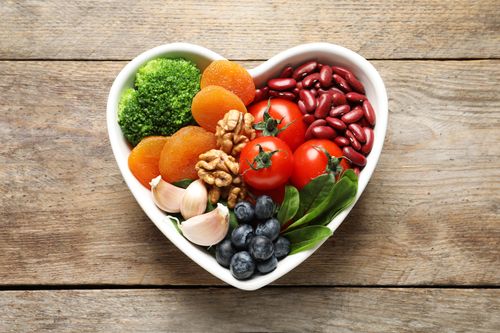
Without any doubt, a plant-based diet is a heart-friendly diet. If you are cutting back on the animal-based diet and loading up on fruits, vegetables, legumes, etc., your heart will be grateful. Meat contains saturated fat. It is unhealthy fat and plays a negative role in heart diseases if eaten excessively.
The Journal of the American Heart Association found that plant-based eating reduces your risk of any heart disease by 16% and dying by 31%.
It is a well-known fact that type II diabetes is influenced a lot by your diet. Bodyweight due to fatty depositions plays a crucial role in it. Excess fat in the body makes the cells resistant and increases blood sugar. A right plant-based diet can benefit from this. Plants contain less saturated fat than meat or processed food, as well as contain a lot of fibre. As a result, it lowers cholesterol levels and the risk of type II diabetes.
You do your body a favor by shifting to plant-based eating. A meat-heavy diet with saturated fats increases cholesterol levels. A plant-based diet is rich in antioxidants, fibers, and various vitamins and which helps in maintaining body weight.
Some plants like black cohosh, shatavari, red clover, etc. provide benefits. Black cohosh prevents hormonal imbalances and hot flashes. In addition to that, it also reduces sweating while sleeping. Shatavari improves estrogen levels (female sex hormone) and relieves dryness in the vagina. It improves mood swings during menopause. The red clover is no less. Tackle your night sweats with red clover and sleep peacefully. It also assists in the development of bone density.
A diet rich in fruits, vegetables, legumes, grains, beans, nuts, and seeds contains cancer-protective nutrients and fibers. Cancer Management and Research published a review stating that a plant-based diet lowers the risk of certain cancers by 10%.
In the below One-day meal plan, we incorporate delicious but simple plant-based meal suggestions tailored for beginners – the goal is to enjoy cooking and eating more plant-based meals and reap the health benefits without having to put too much effort.
This simple one-day plan will help you get started with a plant-based diet. We have provided you with three options to choose from each meal.
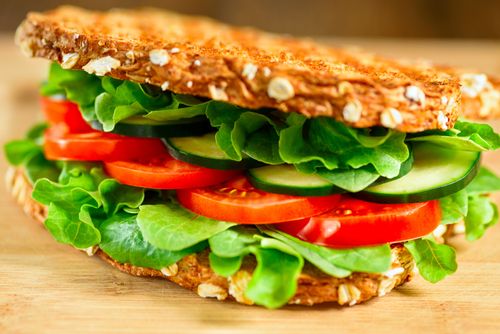
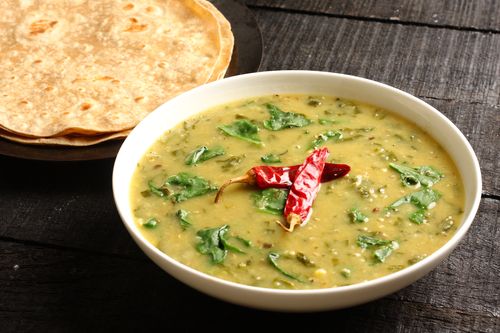
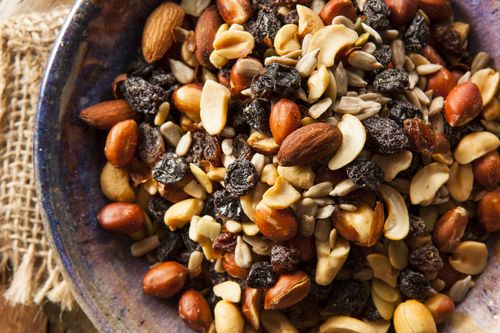
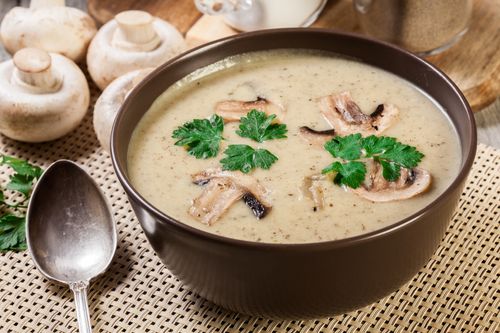
You can start small before making a big change to your diet by eating lots of vegetables, have smaller amounts of meat, choose good fats such as olive oil, olives, nuts, and seeds, include whole grains for breakfast, and eat fruit for dessert.
A healthy plant-based diet is balancing the nutrition equally. Ever wondered what a healthy plate seems to be? It includes adequate proportions of all vegetables, whole grains, fruits, healthy protein, oils, and water. The more variety of veggies on the plate, the healthful your intake. A plant-based diet has the potential to increase your lifespan by reducing the risk of deadly diseases and dementia.
HealthifyMe has given many reasons to begin your day with a plant-based diet. We are aware of the fact that going full-on plant-based eating can be difficult. There are many factors you are unaware of that will affect this decision. Even so, it is possible to introduce some changes in your lifestyle. Start by focusing on getting the right plant products, limiting added sugars, and reducing the animal-based diet gradually. It is as simple as replacing your white rice with brown rice, white bread with whole-grain bread, and processed cereals with oatmeal. Get started with your journey for the best of your health.
After these delicious recipes and some motivation, it is time to demystify plant-based nutrition by answering some frequently asked questions.
A. Our culture has obsessed us with having more and more protein. But, a healthy human body needs only 0.8 grams of protein per kilogram of body weight. It is a proven fact that vegetarians, vegans, and people following plant-based diets get more protein than the recommended value. One egg has approximately 6 grams of protein, and plant products like spinach, asparagus, and broccoli have protein value ranging between 8 grams to 12 grams.
A. A big no to any supplements externally. However, you must take Vitamin B12 supplements. Bacteria present in the soil synthesizes it. Most of us do not consume any such food products. We can get plenty of calcium, protein, potassium, and other minerals but not Vitamin B12 easily. Why are we insisting you have it? Well, it is a crucial vitamin for DNA, red blood cells, and brain function and stability. B12 supplements are the best source for obtaining it and are inexpensive.
A. Common alternatives to an animal-based diet in a plant-based diet are as follows:
A. Many people use this argument to win over people having plant-based diets. We feel pain because we have a central nervous system. Plants do not have it. Animals eaten widely like cows, pigs, sheep, and chickens have a central nervous system, and therefore, they experience pain. So, next time someone says this to you, you got us.


Sprouts are really good for weight loss